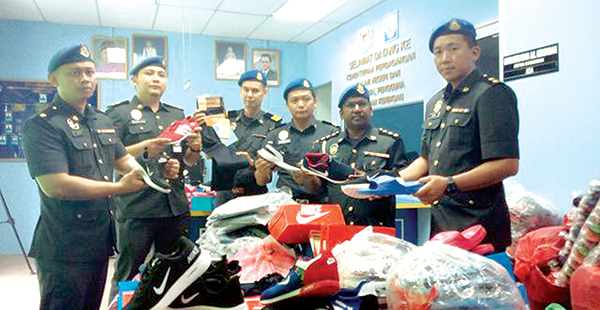
RM79,325 counterfeit items seized by Ministry in Tenom.
The Ministry of Domestic Trade and Consumer Affairs (KPDNHEP) here seized counterfeit goods of various brands, including a van, amounting to RM79,325 during a raid in Tenom, recently. This was also believed to be the first case involving counterfeit goods supplied to retailers in the upper interior. Keningau Branch KPDNHEP Head, Gunasegaran Krishnan, said the seizure came following a three-week surveillance which led them to the van which was used to distribute various goods stamped with fake business trademarks. “The confiscated goods include shoes, flip-flops and garments of various brands such as Adidas, Nike, Puma and Levis,” he told a media conference, here.
The case will be probed under Section 8 of the Trade Descriptions Act 2011, which carries a fine of up to RM10,000 for each item or up to three years jail or both, if convicted.
http://www.dailyexpress.com.my/news/133018/rm79-325-counterfeit-items-seized-by-ministry-in-tenom/
Lear More
Lorry driver tried to smuggle 7 million cigarettes through Dover.
A lorry driver has been jailed after he was caught smuggling more than seven million illegal cigarettes disguised as windows into the UK. Mariusz Piotr Gorny, 45, of Poland, tried to smuggle cigarettes worth £2,161,475 in unpaid duty through the Port of Dover, an investigation by HM Revenue and Customs (HMRC) revealed. Gorny was stopped by Border Force officers as he arrived from Dunkirk Ferry Port, France, on 21 February this year. His paperwork said he was transporting windows to an address in Wellingborough, Northamptonshire. But when officers searched the lorry trailer, they discovered the cigarettes packed in cardboard boxes labelled as windows. The cigarettes were concealed under boxes containing actual windows. Gorny was arrested and 7,020,000 Richmond cigarettes were seized. The case was passed to HMRC for investigation.
Lear More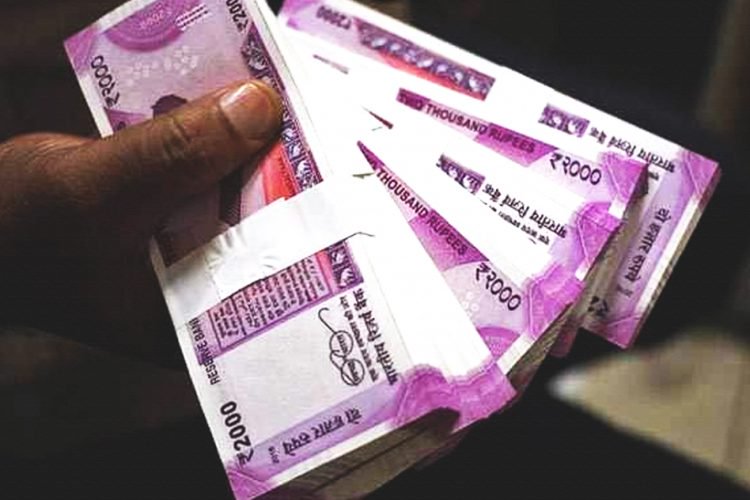
Days Before Elections, EC Seizes Cash, Liquor, Drugs Worth Rs 540 Cr Nationwide.
The Election Commission has seized cash, illegal liquor and drugs worth Rs 540 crore throughout the country after the Model Code of Conduct kicked in a fortnight ago, revealed the official data on March 26. The southern state of India – Tamil Nadu registered the maximum seizures of Rs 107.24 crore, which the officials believe was used to manipulate the voters. The second state in the list was Uttar Pradesh, which held illegal inducements of Rs 104.53 crore. Andra Pradesh and Punjab held the third and fourth spot with Rs 103.4 crore and 92.8 crore respectively. Another southern state, Karnataka saw the total seizure of inducements and cash worth Rs 26.53 crore. Maharastra’s seized amount clocked at Rs 19.11, whereas Telangana’s was Rs 8.2 crore. One of the Election Commission official said that the total value of seized items was Rs 539.99 crore. EC’s crackdown on illegal money and assets came days after they announced that the poll dates on March 10. According to the data, the EC seized a total of Rs 143.37 crore cash, liquor amount to Rs 89.64 crore, and drugs amount to Rs 131.75 crore.
https://thelogicalindian.com/news/ec-seize-drugs-cash-liquor/
Lear More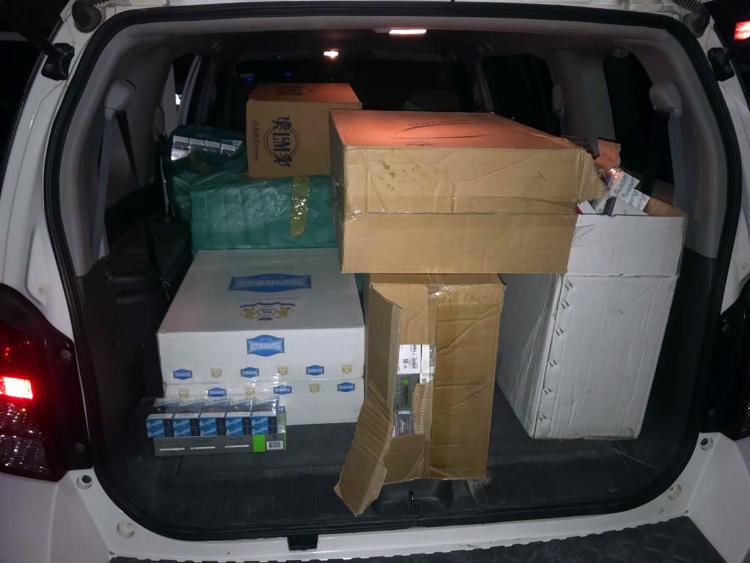
Cigarette smugglers arrested in Sharjah.
Sharjah: Authorities in Sharjah have seized a vehicle transporting large quantities of smuggled and non-contraband cigarettes. The vehicle was spotted by an inspector when its owner distributed cigarettes to a number of others in different vehicles, who in turn distributed them to retailers for sale and promotion. Mohammad Ali Al Kaabi, head of the City Cleanliness Section at Sharjah Municipality, said the department received information about certain individuals who had prohibited substances in their possession. Based on the tip-off, the municipality formed a team of inspectors to track down the suspects. The seizure operation was carried out in cooperation with Sharjah Police, who arrested the suspects and took legal action against them.
https://gulfnews.com/uae/crime/cigarette-smugglers-arrested-in-sharjah-1.62880934
Lear More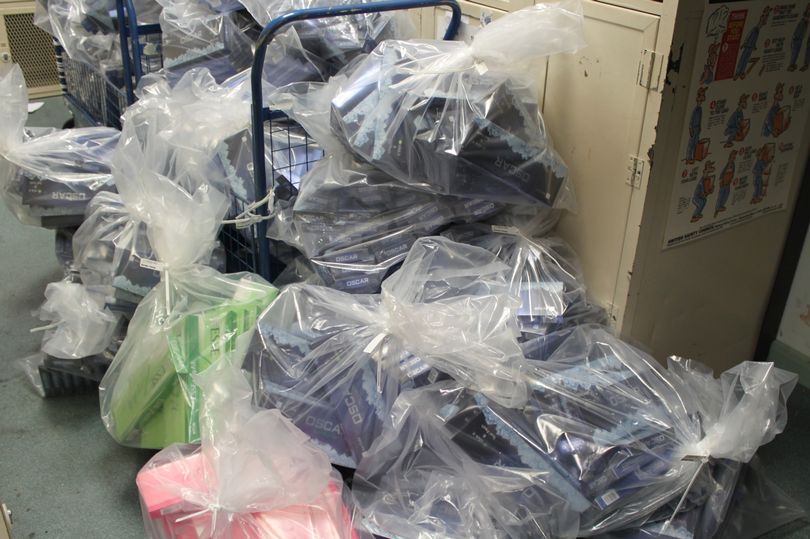
The daft smugglers caught with 220,000 ‘super slim, ‘green apple’ and ‘pink strawberry’ cigarettes at Manchester Airport.
Three smugglers who tried to bring more than 220,000 cigarettes through Manchester Airport inside nine suitcases were called ‘very foolish’ by a judge who said their bid ‘to make a quick buck’ was doomed to fail. They were caught as they each took three large suitcases stuffed with tobacco through the ‘nothing to declare’ customs channel at the airport. A crown court judge who passed sentence after they admitted fraudulent evasion of excise duty said he couldn’t understand what ‘possessed’ them as they would have been ‘flashing like beacons’. Ismaeel Abdul-Kareem, 46, Salem Abdullah and Hardo Artoshy, both 41, all walked free from Manchester’s Minshull Street Crown Court with suspended sentences. In total the men were found to be carrying 220,800 cigarettes in the nine cases, worth an estimated £77,428 in unpaid duty and VAT.
Lear More
The daft smugglers caught with 220,000 ‘super slim, ‘green apple’ and ‘pink strawberry’ cigarettes at Manchester Airport.
Three smugglers who tried to bring more than 220,000 cigarettes through Manchester Airport inside nine suitcases were called ‘very foolish’ by a judge who said their bid ‘to make a quick buck’ was doomed to fail.
They were caught as they each took three large suitcases stuffed with tobacco through the ‘nothing to declare’ customs channel at the airport.
A crown court judge who passed sentence after they admitted fraudulent evasion of excise duty said he couldn’t understand what ‘possessed’ them as they would have been ‘flashing like beacons’.
Ismaeel Abdul-Kareem, 46, Salem Abdullah and Hardo Artoshy, both 41, all walked free from Manchester’s Minshull Street Crown Court with suspended sentences.
In total the men were found to be carrying 220,800 cigarettes in the nine cases, worth an estimated £77,428 in unpaid duty and VAT.
Lear More
2 Chinese nationals held with 96 gold bars at Dhaka airport.
Two Chinese nationals have been arrested at Hazrat Shahjalal International Airport in Dhaka on charges of trying to smuggle 96 gold bars weighing about 11kg into the country today. Ruan Jinfeng, 48, and Yonggang Zu, 45, were caught hours apart with the bars hidden inside portable lights at the airport’s green channel. Ruan was caught around 8:00am and Yonggang around 9:00pm, customs and customs intelligence officials said. After Ruan was caught in the morning, his friend Yonggang kept waiting at the transit area throughout the day, said Shahidul Islam, director general of customs intelligence. As officials found his demeanour suspicious, they brought him to the green channel and scanned his luggage and found 48 gold bars.
Lear More
Chinese nationals held with 96 gold bars at Dhaka airport.
Two Chinese nationals have been arrested at Hazrat Shahjalal International Airport in Dhaka on charges of trying to smuggle 96 gold bars weighing about 11kg into the country today.
Ruan Jinfeng, 48, and Yonggang Zu, 45, were caught hours apart with the bars hidden inside portable lights at the airport’s green channel.
Ruan was caught around 8:00am and Yonggang around 9:00pm, customs and customs intelligence officials said.
After Ruan was caught in the morning, his friend Yonggang kept waiting at the transit area throughout the day, said Shahidul Islam, director general of customs intelligence.
As officials found his demeanour suspicious, they brought him to the green channel and scanned his luggage and found 48 gold bars.
Lear More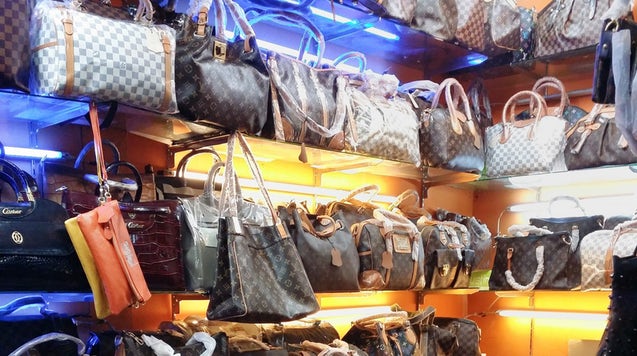
China Breaks Counterfeit Goods Ring Worth 100 Million Yuan.
Chinese police have arrested 32 members of a group they said made and sold up to 100 million yuan ($14.9 million) worth of counterfeit luxury goods from brands such as Louis Vuitton and Loewe, state news agency Xinhua said. The case highlights the challenge faced by brands in China, whose products, such as cosmetics, and even automobiles, run the risk of being copied. Police in the commercial capital of Shanghai also closed two assembly lines used to make the counterfeits and seized more than 4,000 bags, clothes and accessories, each of which they said cost the group 200 yuan to make. Authorities launched the investigation last year, following a tip that knock-off luxury handbags were being sold on Chinese mobile messaging app WeChat, which is operated by Tencent Holdings.
Lear More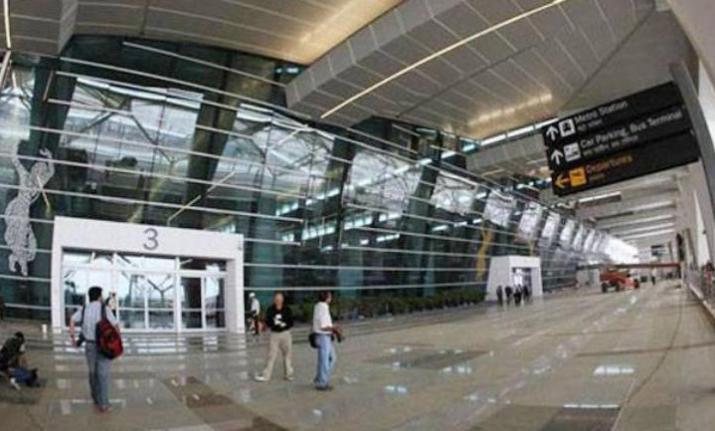
Custom officials arrest man for smugglings iPhones, branded shoes at Delhi airport
A man has been arrested by the customs officials, he was intercepted after his arrival from Muscat, Oman as he was trying to smuggle into the country iPhones, branded shoes and bags worth over Rs 32 lakh at Delhi airport. A man has been arrested by the customs officials for allegedly trying to smuggle into the country iPhones, branded shoes and bags worth over Rs 32 lakh at Delhi airport. He was intercepted after his arrival from Muscat, Oman, a statement issued by the customs department on Wednesday said. “His personal search resulted in recovery of 42 iPhones, branded bags and shoes, etc. having market value of Rs 32.06 lakh,” it said. During further enquiry, the passenger, who is a resident of Delhi, admitted smuggling of goods like clothes, shoes and cosmetics among others worth Rs 37 lakh in his past visits, the statement said. He has been arrested and the goods seized, it said https://www.indiatvnews.com/news/india-custom-officials-arrest-man-for-smuggling-iphones-branded-shoes-at-delhi-airport-510030
Lear More



